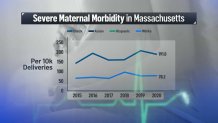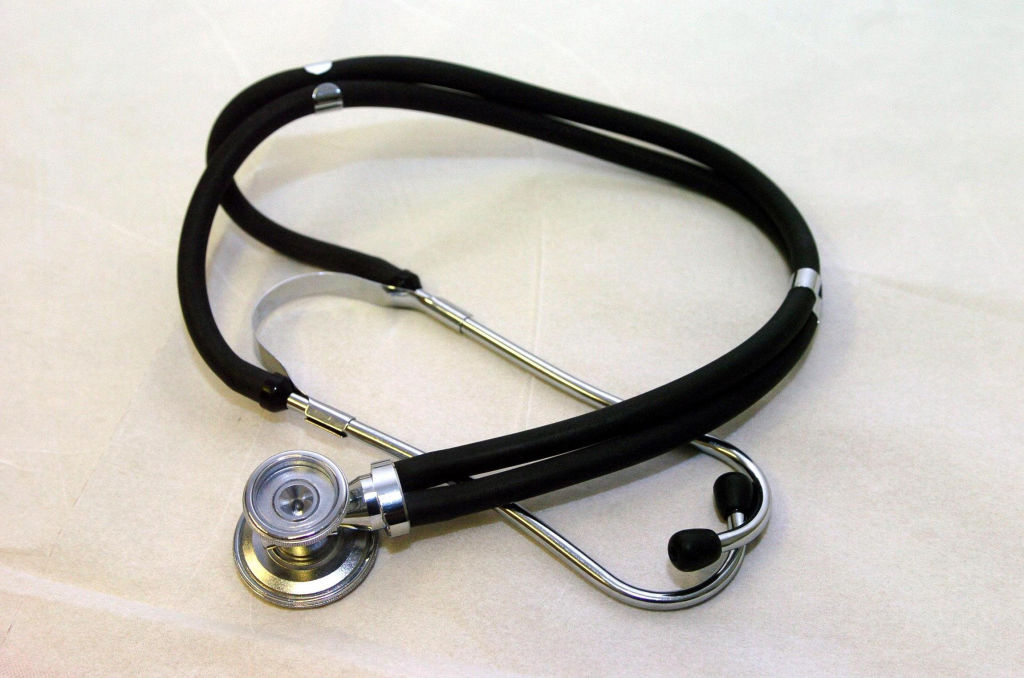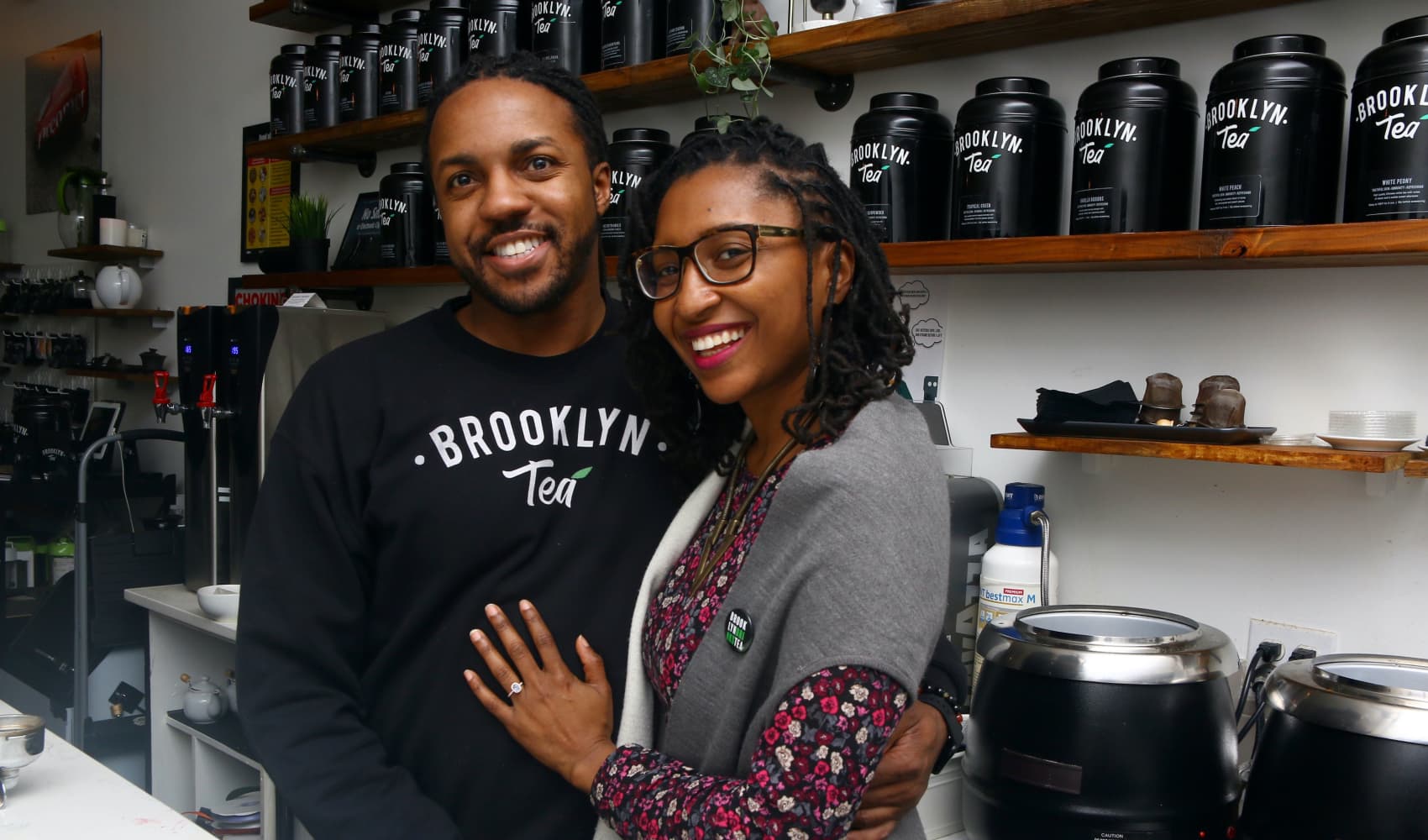The first-ever assistant health commissioner in Massachusetts with the word "equity" in the job title has put a priority on eliminating racial disparities in maternal health.
Black women in the state are more than twice as likely to suffer severe health complications during pregnancy when compared to white women — and recently, the disparity has widened.
"There is something profoundly wrong in the way Black women are being treated," Assistant Commissioner for Health Equity Dr. Hafsatou Diop told NBC10 Boston. "We are all going to the same hospitals, seeking help from the same providers, right? Why should our outcomes be different?"
"I think it's a reflection of a failing health care system that is not addressing the needs of Black people," Diop added. "But it's also rooted in structural racism."
Get Boston local news, weather forecasts, lifestyle and entertainment stories to your inbox. Sign up for NBC Boston’s newsletters.

At Boston Medical Center, where one out of every seven Massachusetts Black childbirths occurs, they've implemented new strategies in an effort to shrink the disparity. Clinicians are following a new protocol for all pregnancies that dictates several steps including constant monitoring of blood pressure to stay on top of hypertension, treating women sooner when warning signs present and listening more effectively to patients' concerns.
"Honestly, by doing that, the gap closed," said Dr. Thea James, Boston Medical Center VP of Mission said. "Our readmission rate for postpartum hypertension or pre-eclampsia is down by 56%."
The strategic steps at BMC are a counterpoint to research identifying trouble spots that contribute to health complications in a high number of Black pregnancies. Going unheard is an often-cited criticism by Black pregnant women about their hospital care. That is why an increasing amount turn to doulas and midwives.
"[Doulas and midwives] build trust with the pregnant person and they speak up for the pregnant person, but they're not trained medical providers," Diop explained. "They go with the patient in the hospital system to speak on their behalf … They help them be heard, which is something that is profoundly effective to allow people to be part of the decision making when it comes to their care."
Mass Health announced it will cover doula and midwifery services starting this year — from pregnancy through to 12 months after childbirth. It's a potential game changer for pregnant patients deserving of a more assertive voice in the difficult journey to health equity.



